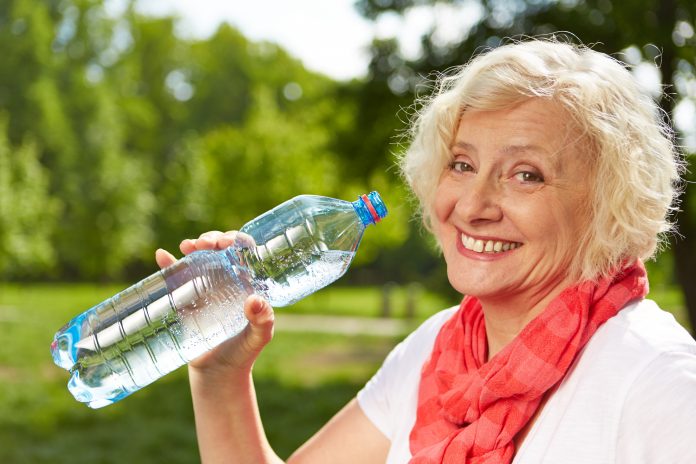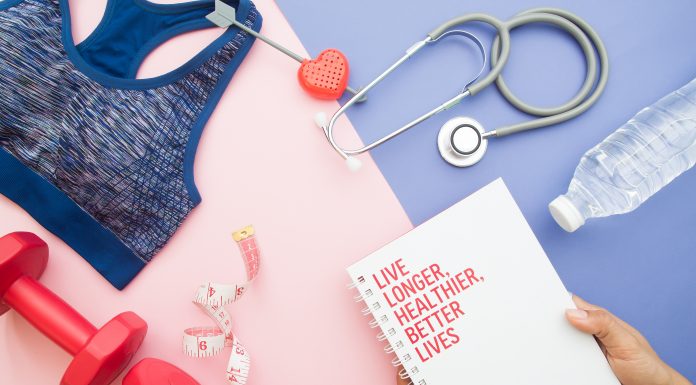This summer has brought scorching heat and relentless humidity for many of us! Record-breaking temperatures have persisted for weeks and months in numerous regions across North America and around the globe. The prolonged dry spell has exacerbated the heat, posing additional challenges, especially for senior citizens. These extreme conditions can make it even more crucial to ensure the well-being of our seniors and adapt senior services accordingly.
What are the possible impacts of heat and humidity?
Heat related illnesses can strike anyone but seniors, especially those with chronic diseases, are especially vulnerable.
Those with heart disease, those who are obese or on medications that have a diuretic effect which causes water loss, may find it difficult to rid their bodies of excess heat. Our cardiovascular system and sweat glands keep our temperature normal, even when it is hot and humid. If heat from the environment combines with heat from our physical activity, it will accumulate in the body. This can result in the body becoming dangerously overheated.
Seniors may not always be aware of feeling too hot or being thirsty, especially those with dementia or diabetes. Medications and alcohol consumption can also slow down our awareness of how our bodies are feeling. Preventing any heat related illness depends on our drinking fluids and keeping cool. Many seniors who live on their own are more vulnerable to rising indoor temperatures, especially if the power goes out. They are less inclined to leave their homes by themselves or leave windows open. They may also avoid turning on air conditioning to save money.
Senior health is important. Here’s some tips to manage heat and humidity?
When the temperatures and humidity rise always:
- Stay in the coolest place available and avoid too much activity. A lower floor is usually best.
- Use the air conditioner or at least a fan.
- If the power is out, go to an assigned cooling station or spend time in an air conditioned public place such as a mall, library or movie theatre.
- Eat lightly and drink plenty of water.
- Avoid alcohol and drinks that contain caffeine.
- Splash your wrists, face and the back of your neck with cool water.
- Use ice cubes wrapped in a towel or a cooling pack to cool your body down.
- Stay in touch with your elderly relatives and neighbours during a heat wave.
- Take cool showers or bathes to cool your body temperature down. Or go for a swim.
- Stay positive. Before you know it the weather will change!
What to look for if the heat is impacting you?
- Signs of heatstroke resemble the flu.
- Nausea, muscle cramping, dizziness and loss of appetite are all common.
- Rapid pulse and breathing, confusion and clamminess are also common.
- If cool liquids and other methods of cooling off don’t seem to be working, consider seeking medical attention.
Ensure that during hot weather you have cold fluids on hand and keep in touch with others, both for their safety and your own. We may be getting older but that doesn’t mean we can’t still participate safely in our activities! And we have to always be thinking of senior health and wellness!
This article is intended for informational purposes only. Please consult your health practitioner for more information or if you feel you are not able to manage the heat or are experiencing any symptoms mentioned in this article.























